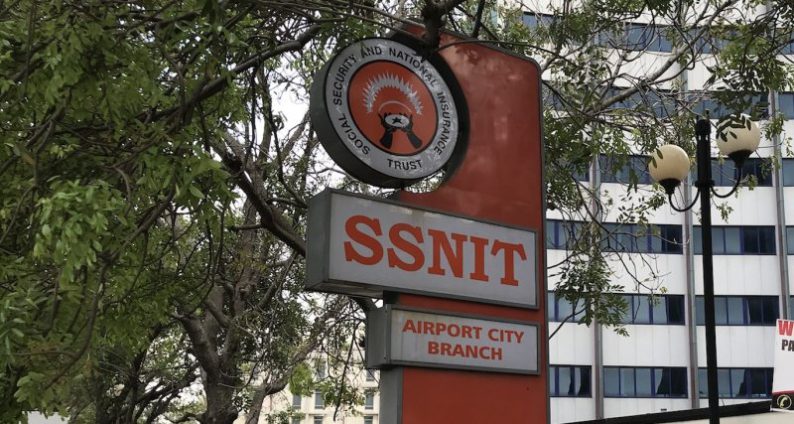Some commercial drivers reject 15% fare increment as they up theirs to 30 per cent

Some commercial transport providers have pledged to charge more than the agreed 15% increase in fares, claiming that it is insufficient.
Despite new fares announced jointly by the Ghana Private Road Transport Union (GPRTU) and the Ghana Road Transport Coordinating Council (GRTCC) after a series of meetings and consultations with the Ministry of Transport; the Committed Drivers Association, the National Concerned Drivers Association, and the True Drivers Union say, they insist on a 30 per cent increase.
Chairman of the Committed Drivers Association, Charles Danso, said the 15% could not address the increase in petroleum and other costs incurred by drivers.
Mr Danso stated that they are independent and not bound by decisions taken by the GPRTU and the GRTCC; adding “we will take 30%”, a decision they have implemented ahead of the 26 February 2022 date concluded by executives of the GPRTU and GRTCC.
It was earlier reported that during negotiations, driver unions had pushed for a 30 per cent increment, but stakeholders settled on half of the proposed increase as the proposed 30 per cent was regarded as “outrageous”.
Due to increased fuel costs and other products, the drivers have been lobbying for fare increases for several months.
They also mentioned high vehicle import duties, as well as an increase in the cost of spare parts and vehicle lubricants, as some of the many reasons.
In a related event, the National Petroleum Authority (NPA) has reintroduced the Price Stabilisation and Recovery Levy (PRSL), which had been suspended from November 2021 to the end of January 2022, adding to the cost increase.
Since February 1, 2022, the price of gasoline has increased by at least 50 pesewas per litre at the pump. Petrol and diesel are currently selling for an average of GHS7.8, which is approaching GHS8.
The increase has been attributed to the rising cost of Brent crude on the international market, with some analysts predicting that if the current scenario on the global market continues, fuel costs might reach GHS8.0 per litre by March of this year.
A little over a month ago, drivers embarked on a nationwide strike over fuel prices and returned to work only after an intervention by the government.







